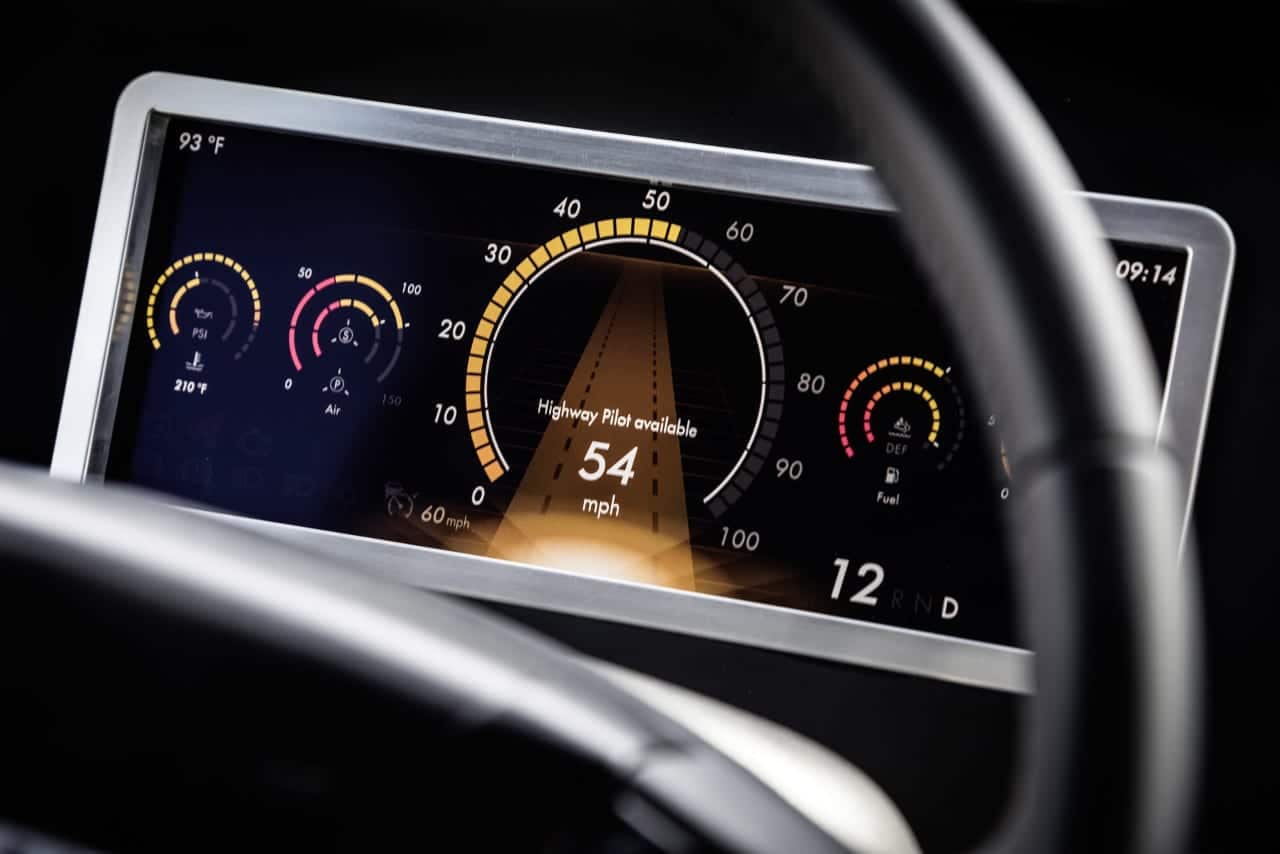Autonomous vehicles are projected to reduce automobile sales in the U.S. by 40% in the next 25 years, according to a Barclays analyst. This isn’t referring to the sales of traditional non-autonomous cars, but the sales of all cars. If all cars were autonomous, people would need less of them. This is a very significant issue for automakers. They will have to shrink substantially when this eventually happens, and they will lose some of their revenue.

Image obtained with thanks from Daimler.
According to Bloomberg: Self-driving cars have become a frequent topic for auto executives as the technology for the vehicles emerges. The market for autonomous technology will grow to $42 billion by 2025 and self-driving cars may account for a quarter of global auto sales by 2035, according to Boston Consulting Group. By 2017, partially autonomous vehicles will become available in ‘large numbers,’ the firm said in a report in April.
Why the decline? Autonomous vehicles are likely to see fewer sales than traditional vehicles because it is much easier to share them. Think about how inconvenient it is to wait for someone else to leave work to pick you up, or to leave work to pick someone else up. Modern driverless car technology would enable a car to just drop them off at work, pick up/drop everyone else off while it’s at it, and then pick you up for whichever errands you want to run. You would no longer need to have a car for each and every person.
One car could serve the entire family, saving a tremendous amount of money on insurance and registration fees. Technology is a double-edged sword, but it often moves society forward! There are also older people who want to give up driving, disabled people, as well as some people who simply don’t want to drive. In addition to that, autonomous cars might be able to offer taxi services more cheaply than current firms because they wouldn’t have to hire a driver.
Will Driverless Cars Destroy The Economy?
Automakers hire thousands of workers to build their cars, plus the robotics industry hires people to build their factory robots. Thousands of employees will be laid off. As for the auto parts industry: Fewer cars may result in less demand for parts, however, shared autonomous cars will need parts more frequently due to increased wear and tear. It is also important to consider the number of trips that have to be made since there won’t be a driver that needs to get back home in the mean time, and the fact that people could avoid parking fees. The inconvenience of parking is sure to be a major force motivating the purchase and use of autonomous vehicles.
Despite all the financial horrors I mentioned above, autonomous cars are no exception to the rule that: within an economy, money shifts, it doesn’t just vanish. Automakers will make less money selling vehicles, but consumers will save plenty of money on car purchases as well as taxis services, enabling them to stimulate the economy in other ways via other purchases. In the long run, a net-loss of jobs is unlikely.







